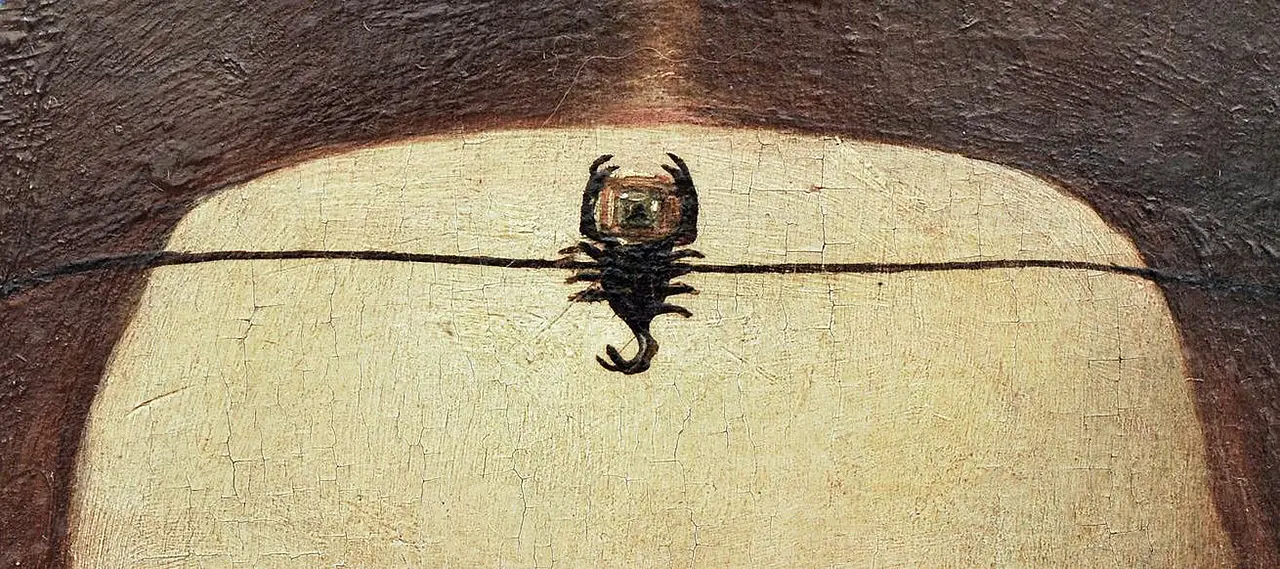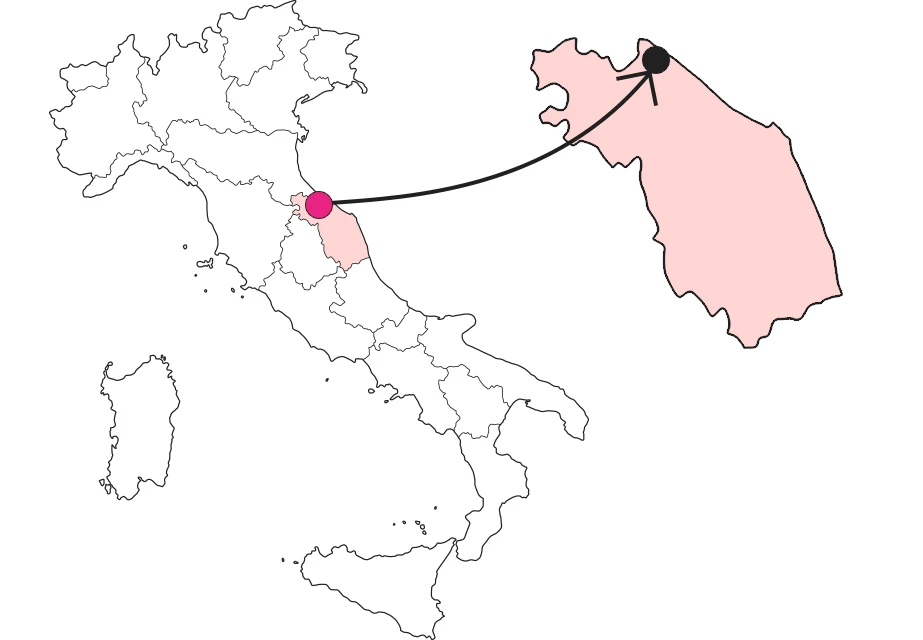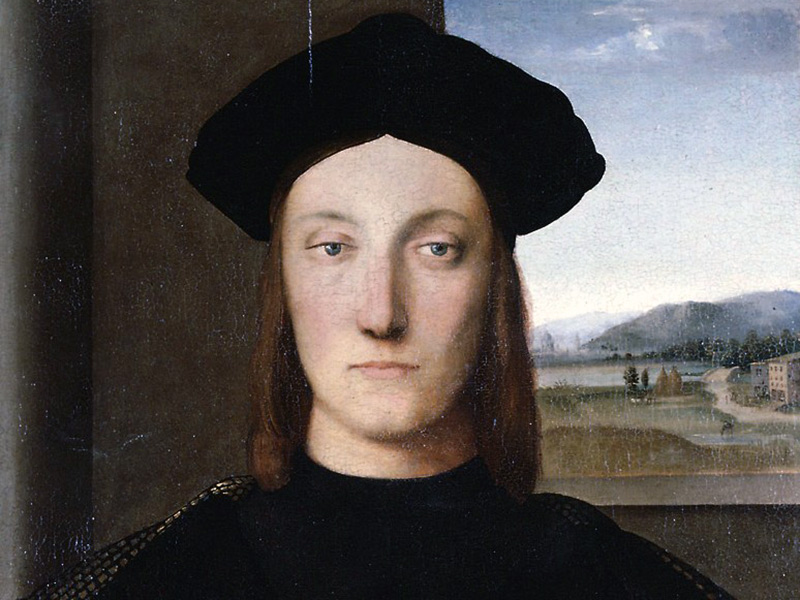SHARRYLAND


Fossombrone: the High Court and courtly love
Elizabeth and Guidobaldo, perfect courtiers and ill-fated lovers

Where is

A story that began in tears
It was the winter of 1489, in late January, when the young Elisabetta Gonzaga left Mantua. Her brother, Francesco II Gonzaga, had chosen for her a husband belonging to an illustrious house in the Marche region-Guidobaldo da Montefeltro, Duke of Urbino. As much as it was customary for women from noble families to be considered pawns in the chessboard of politics, and marriage was one of the main tools for sanctioning an alliance, when the time came to separate from one's family and go into the unknown, it was not easy to hold back the pain and anguish. And that is why Elizabeth wept in her carriage, and prayed to God to give her the strength to face her new life.
The arrival in the Duchy of Urbino
One can see that her prayers were heard, because when she arrived at her destination, after nine days of travel, she found love waiting for her, the real kind, made up of care and affection, and capable of enduring through difficulties. Elizabeth and Guidobaldo, it is said, loved each other from the first moment. Their marriage proved to be an indissoluble union, an exclusive bond, admired by all, and sung about by the poets of the time. Everyone in the duchy was happy: the marriage would finally allow the last male of the Montefeltro lineage to produce an heir; what's more, the duchess was very cultured, graceful, kind, and skilled both in recognizing the most gifted artists and inviting them to court, and in managing the duchy during the numerous absences of her husband, who was engaged in political and military actions. One of the couple's favorite residences was the High Court of Fossombrone. In this splendid setting, the Dukes had surrounded themselves with artists, men of letters, poets, and stood out as perfect examples of the Renaissance ideal described by Baldassarre Castiglione in his famous work "Il Cortegiano."
 Portrait of Guidobaldo da Montefeltro, Raphael Sanzio, c. 1506.
Portrait of Guidobaldo da Montefeltro, Raphael Sanzio, c. 1506.The pains of the Dukes of Urbino
In time, however, one problem became evident: the much-desired heir was not coming. Of course, comments were not long in coming; there was so much talk of the Duke's inability to have children that even Pope Alexander VI began to push for the annulment of the never-consummated marriage. Elizabeth, however, loved her husband and refused the proposal, remaining faithful to Guidobaldo. The sorrows of family life were joined by political ones: the arrival of the Valentine in the territories of Urbino prompted Guidobaldo to flee for his life, and she, a devoted bride, followed him into exile and financial straits. They were able to return to their domains only with the advent of the papacy of Julius II, who returned the Duke of Montefeltro to his authority and territories. To solidify his return, in 1505 Guidobaldo adopted Francesco Maria della Rovere as his son, the heir to whom he would pass titles and lands.
 Portrait of Elisabetta Gonzaga, Raphael Sanzio
Portrait of Elisabetta Gonzaga, Raphael SanzioA never-ending love
But fate was not yet done with the couple. Only three years later, in 1508, the Duke of Urbino died, leaving Elisabetta alone in her despair. She locked herself in a room with closed shutters and sat on a mattress for eight days, without eating, with only the light of a candle placed on the floor. Although she was still young, she never wanted to remarry. A will so strong that it leaked out even from the portrait Raphael made of her: in fact, it was said that the scorpion-shaped pendant she wore on her forehead was a symbol of coldness, used to discourage her many admirers.
On the trail of the Dukes of Urbino
Elisabeth and Guidobaldo's bond was so genuine and deep that it echoed in the souls of their contemporaries for a long time. It is still remembered today in the alleys of Fossombrone, a city of love and beauty that every year pays tribute to this courtly love on International Museum Day with a guided tour of the places of "Love in the time of Guidubaldo and Elisabetta."
Enter the Map of Italy's Undiscovered Wonders and find treasures where you least expect it... Inspire, Recommend, Share...
Collections
The Map thanks:
Enter the Map of Italy's Undiscovered Wonders and find treasures where you least expect it... Inspire, Recommend, Share...
Where is

Collections

